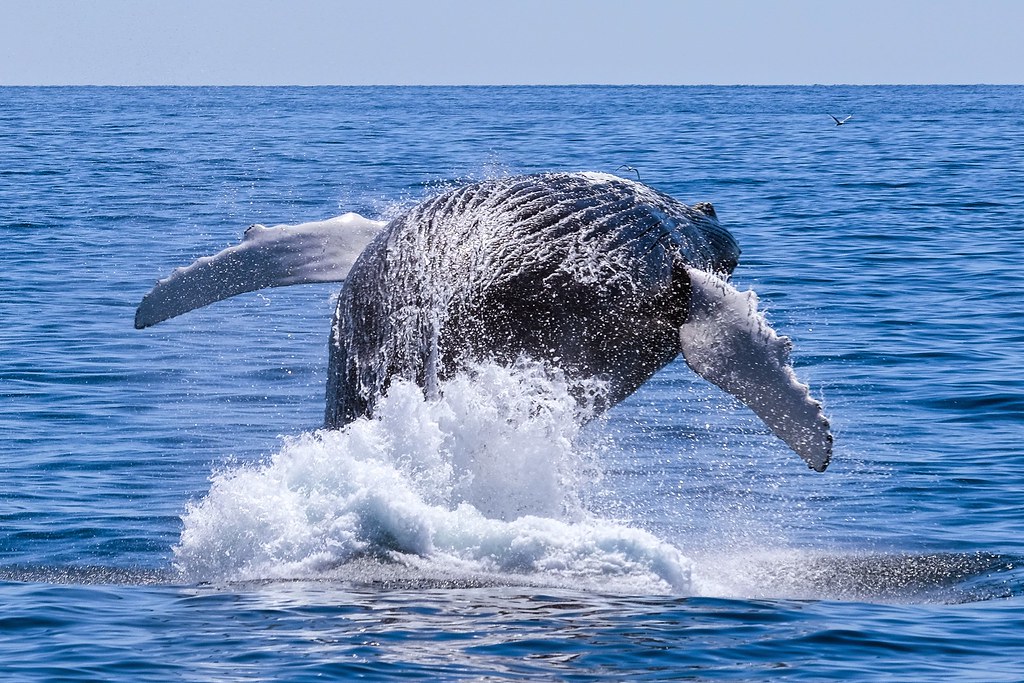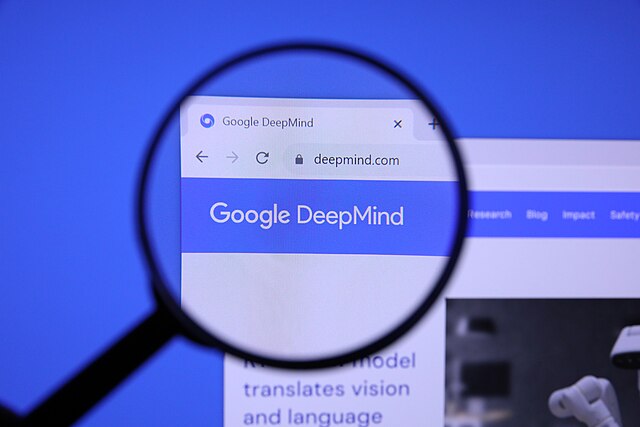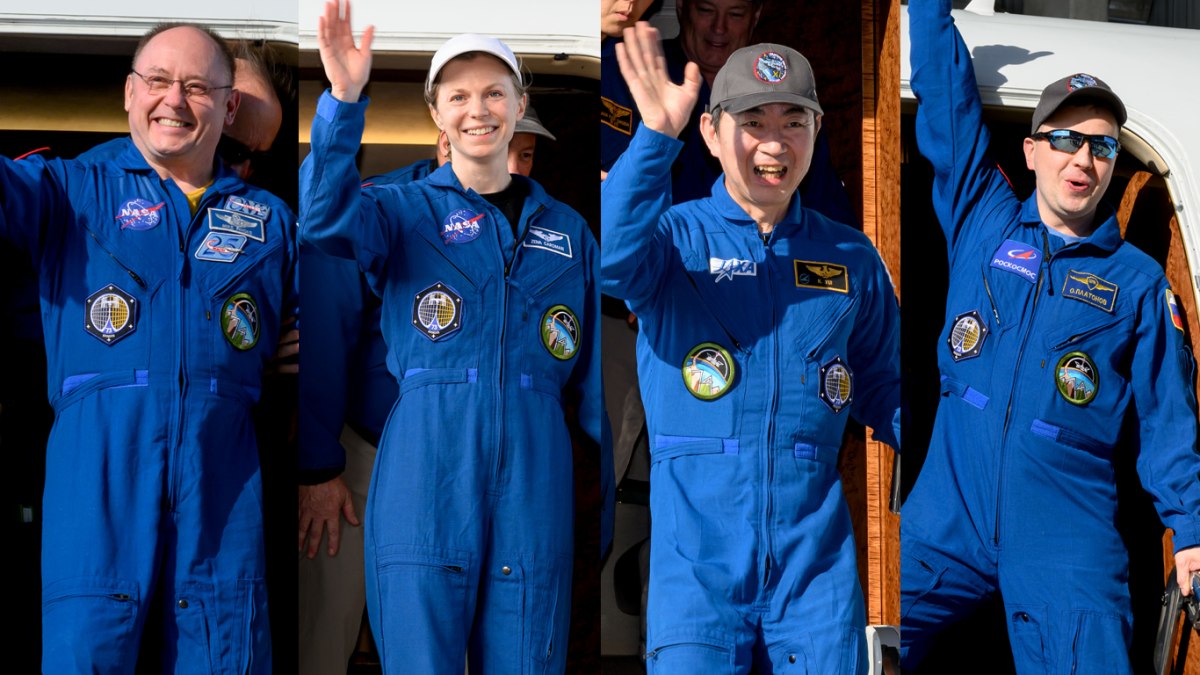Scientists seem to have made a leap forward recently with the first ever conversation with non-human intelligence. They recently published a conversation they had with a whale in 2021 in PeerJ.
Using a recorded humpback greeting call played through an underwater speaker, researchers observed a remarkable response from a humpback whale named Twain off the coast of south-east Alaska in 2021. Twain engaged in what researchers describe as a “conversation” that lasted for 20 minutes, indicating a potential step towards understanding non-human intelligence.
During the encounter, Josie Hubbard, an animal behaviorist from the University of California, Davis, experienced the awe-inspiring moment of a humpback whale circling their research vessel after responding to the recorded call.
The study team, part of the Search for Extraterrestrial Intelligence research group, aims to decipher the communicative complexity and intelligence of humpback whales. Brenda McCowan, a member of the team, used an underwater speaker to broadcast a recorded humpback contact call to which Twain responded. The team observed Twain consistently matching the interval variations between each playback call, indicating intentional interaction in humpback whale “language.”
However, studying whales presents challenges, including locating and tracking them in the ocean. Additionally, to gain a comprehensive understanding, researchers need to replicate such interactions with multiple unique pods instead of just relying on the information gained by the interaction with Twain.
Moving forward, the team plans to vary the calls they broadcast to further explore whale communication. They also intend to leverage artificial intelligence to classify signals, determine their context and ascertain meaning.
“We’re still at a very early stage,” McCowan told the BBC. “A big challenge for us is classifying those signals and determining their context, so we can ascertain meaning. I think AI will help us do that.”
Meanwhile, another initiative led by marine biologist David Gruber, the Cetacean Translation Initiative aims to decipher sperm whale conversations using AI. By continuously recording a group of sperm whales off the coast of Dominica, CETI seeks to reconstruct multi-party conversations using the whales’ vocalizations, potentially deepening our understanding of these magnificent creatures’ communication systems.
These efforts not only offer insights into the intelligence and communication of whales but also underscore the importance of responsible whale-watching and conservation. Understanding whale communication could lead to greater appreciation and conservation efforts on their behalf. Whales play crucial roles in marine ecosystems, including carbon cycling and nutrient distribution as well as krill population management.
Ultimately, these endeavors represent an exciting frontier in bridging the gap between humans and animals, offering potential insights into the richness and complexity of non-human communication and intelligence.









